Study in Ireland
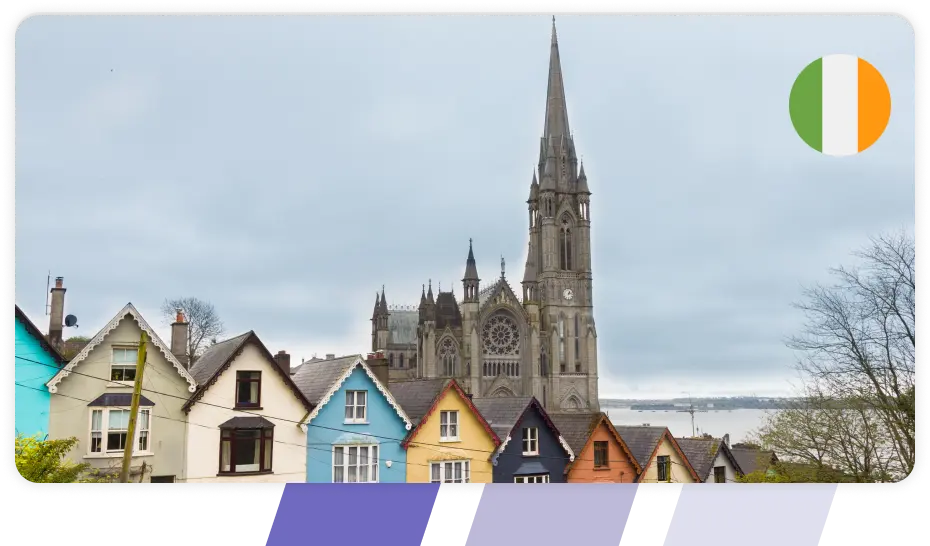

Study in Ireland for Bangladeshi Students
Ireland has established itself as one of Europe’s most dynamic and welcoming study destinations. With its world-renowned universities, a fast-growing international student community, and globally recognized degrees, Ireland provides Bangladeshi students with outstanding educational and career prospects in a safe, culturally rich, and English-speaking environment.
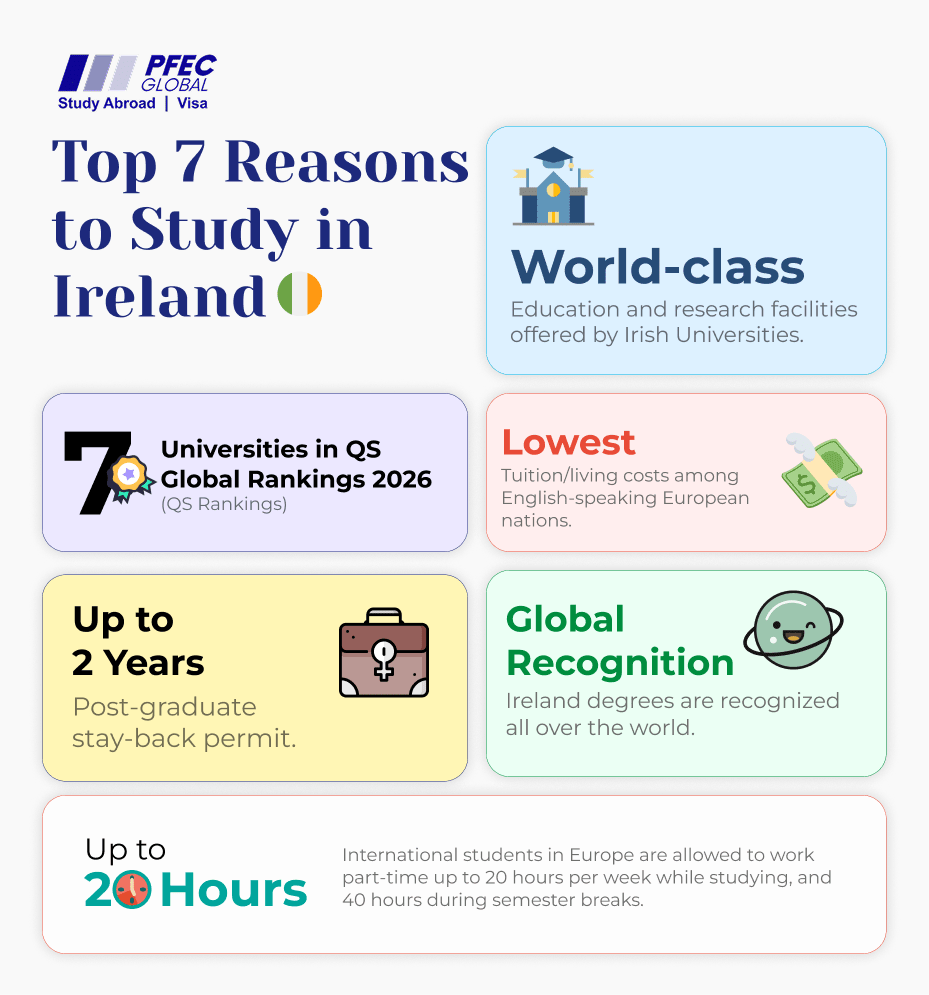
Why Study in Ireland?
Globally Ranked Education
- Home to over 40,400 international students as of 2024/25—a 15% increase in a single year.
- All Irish universities feature in global rankings, with Trinity College Dublin (75th) and University College Dublin (118th) in QS World University Rankings 2026.
- University courses are highly regarded worldwide, with strong ties to industry and research innovation, especially in IT, finance, business, life sciences, and engineering.
Job Market & Post-Study Work Rights
- Ireland is Europe’s only native English-speaking country offering a competitive, innovation-driven economy.
- The Third Level Graduate Scheme allows international students to work for up to 2 years after graduation—an attractive stay-back route toward permanent residency.
- Career prospects are thriving: Major global tech, pharma, and finance companies—like Google, Apple, Microsoft, Facebook—have their European HQs in Ireland, earning it the title “Silicon Valley of Europe.”
Affordable & Student-Friendly
- Lower tuition and living costs compared to the UK or USA, while quality and employability remain top-tier.
- Simplified visa process and welcoming immigration policies for international students.
- Safe and inclusive environment, with a growing Bangladeshi and South Asian student community.
Cultural Richness & Quality of Life
- Ireland consistently ranks high in global safety, quality of life, and student satisfaction indices.
- Stunning landscapes, deep-rooted history, and vibrant arts & culture enrich student life beyond academics.
Top Irish Universities and QS World Rankings 2026
| University | QS 2026 Global Rank |
|---|---|
| Trinity College Dublin (TCD) | 75 |
| University College Dublin (UCD) | 118 |
| University College Cork (UCC) | 246 |
| University of Galway | 284 |
| University of Limerick | 401 |
| Dublin City University (DCU) | 410 |
| Maynooth University | 771 |
| Technological University Dublin | 781 |
Note: The majority of international programs are based in Dublin, Cork, Limerick, and Galway.
Popular Courses for International Students
Popular Courses to Study in Ireland
- STEM: Computer Science, IT, Data Science, Engineering, Environmental Science
- Business and Management: MBA, International Business, Finance, Marketing
- Healthcare: Nursing, Pharmaceutical Sciences, Medicine
- Humanities and Law: Public Policy, Social Sciences, Law
- Creative Industries: Media, Animation, Graphic Design
Course Duration: Undergraduate programs are typically 3 years, while most Master’s programs are completed in 1 year.
Eligibility & Admission Requirements
Undergraduate
- 12 years of schooling (HSC, A-Levels, or equivalent)
- Minimum GPA usually from 3.0–3.5 out of 5.0 or equivalent
- English language proficiency: IELTS 6.0+ or equivalent
- Many universities may accept Medium of Instruction certificates or alternatives
Postgraduate
- Bachelor’s degree from a recognized university with a strong academic record
- Program-specific requirements such as a relevant academic background
- Portfolios may be needed for creative courses
- English language proficiency: IELTS 6.0+ or equivalent
Documents Required
- Academic transcripts and certificates
- Valid passport
- Statement of Purpose (SOP)
- Letters of Recommendation (2–3)
- English language test results
- CV/Resume
- Proof of funds (minimum EUR 15,000 for living costs as of 2025)
- Health and medical documentation
Intakes & Application Timeline
- Main Intakes: September (Primary), January (Secondary)
- Application deadlines: Often 8–10 months in advance; Sept intake (apply by February-April); Jan intake (apply by August-October)
Visa application: Recommended to apply 3–4 months before course start date
Tuition Fees and Living Expenses
Tuition Fees (Annual Average)
- Undergraduate: EUR 10,000–25,000
- Postgraduate (Taught): EUR 12,000–30,000
- MBA / Medicine / Engineering: EUR 20,000–34,000
Cost of Living
- Dublin: EUR 13,000–18,000 per year (higher in city center)
- Other Cities: EUR 10,000–14,000 per year
- Includes accommodation, food, transport, health insurance, and personal expenses
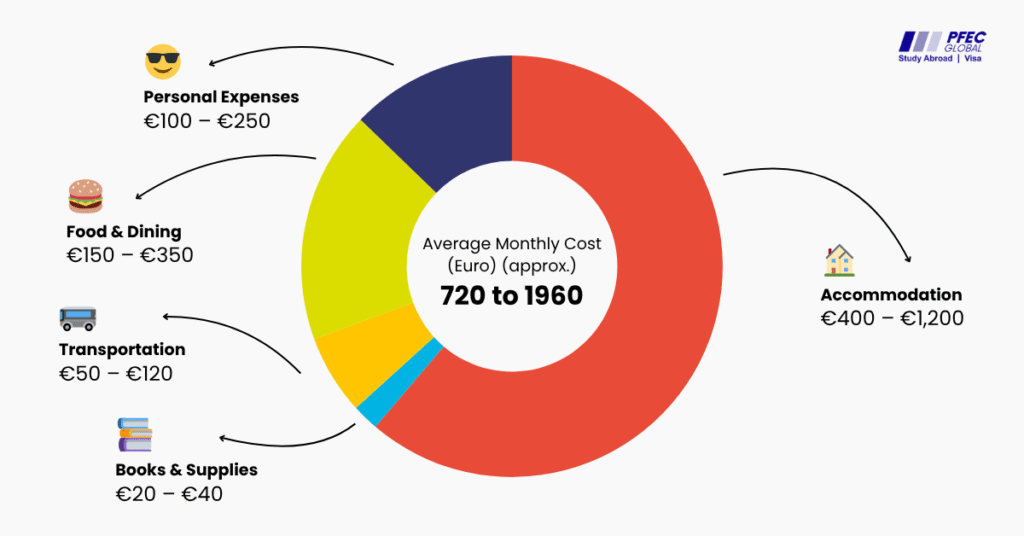
Scholarships for International Students
Government of Ireland International Education Scholarships (GOI-IES)
- Award: Full tuition + EUR 10,000 stipend for one year
- Eligibility: Academic excellence, leadership, and extracurricular activity
- Application: Usually open from February–March for the following academic year
University-Specific Scholarships
Each university (including PFEC partners) offers numerous merit-based scholarships for both undergraduate and postgraduate students. Coverage ranges from 10% to 100% of tuition fees.
Additional Opportunities
- Private scholarships (e.g., SFI, departmental awards)
- Country-specific and subject-specific funding schemes
- Tip: Early application significantly improves your chances
Post-Study Work and Permanent Residency
Post-Study Work Visa
International students in Ireland can avail of post-study stay-back options:
- Up to 2 years for Master’s and PhD graduates
- 1 year for undergraduate program graduates
- Enables students to gain hands-on job experience and transition into full employment permits such as the Critical Skills Employment Permit
- Acts as a strong pathway to permanent residency
- Increased employability due to Ireland’s growing economy and high demand for skilled professionals
Part-Time Work During Studies
- Students can work up to 20 hours/week during the academic term
- Up to 40 hours/week permitted during holiday periods
- Typical part-time wages range from EUR 10–15/hour, helping students manage their living expenses
PFEC Bangladesh Partner Institutions in Ireland
PFEC Bangladesh proudly partners with leading Irish institutions, offering direct admission support, pre-departure counseling, and guidance for Bangladeshi applicants:
Dublin City University (DCU) – Dublin
QS World Rank: 410
Top-ranked in innovation, business, engineering, and computing.
Vibrant campus in Ireland’s capital, excellent research and graduate outcomes.
South East Technological University (SETU) – Waterford
Practice-oriented university with strong links to industry.
Known for IT, engineering, life sciences, and business-related programs.
Supportive campus environment in the southeast region.
Independent College Dublin
Focused business, IT, law, and media programs.
Centrally located and known for small class sizes and personalized approach.
Holmes Institute Dublin
Delivers globally recognized business and management qualifications.
Experienced faculty, strong employability links in Dublin and internationally.
Griffith College Student Advisory Services (GCSAS) – Dublin
Part of Ireland’s largest independent college, with campuses in Dublin, Cork, and Limerick.
Diverse range of courses: computing, business, law, journalism, design, and more.
Renowned for outstanding student support and international focus.
PFEC Bangladesh provides dedicated application assistance, university selection, documentation, and visa support for these partners.
Universities
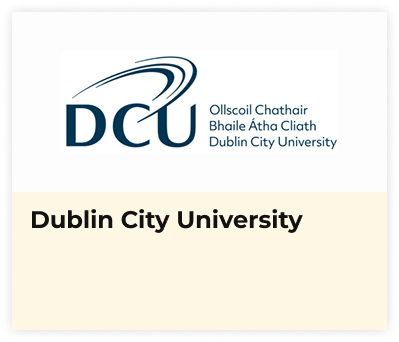
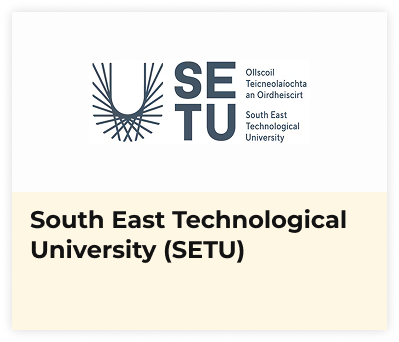
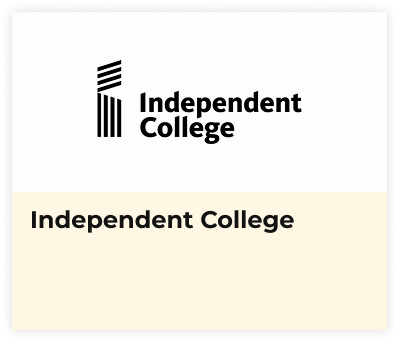
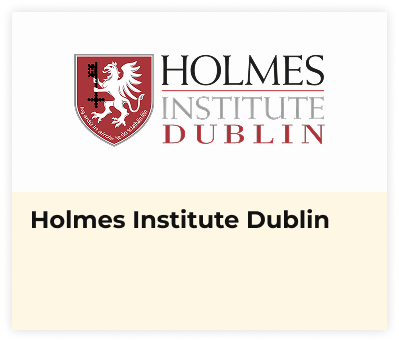
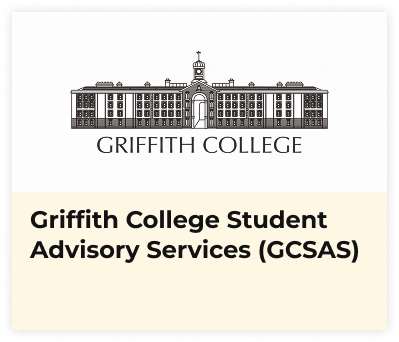
Can I study in Ireland without IELTS?
Many universities accept Medium of Instruction certificates or alternatives to IELTS. Check with PFEC and your chosen university for their policy.
What are job prospects like after studying in Ireland?
Ireland has a robust job market, especially in tech, business, pharma, and engineering, and is the European headquarters for many leading multinationals. Graduates can stay up to 2 years post-study.
How affordable is studying in Ireland?
Annual costs range from EUR 20,000–35,000 (tuition + living)—substantially lower and more value-driven than the UK or USA.
What is the main intake in Ireland?
September is the main intake; some universities also offer January entry.